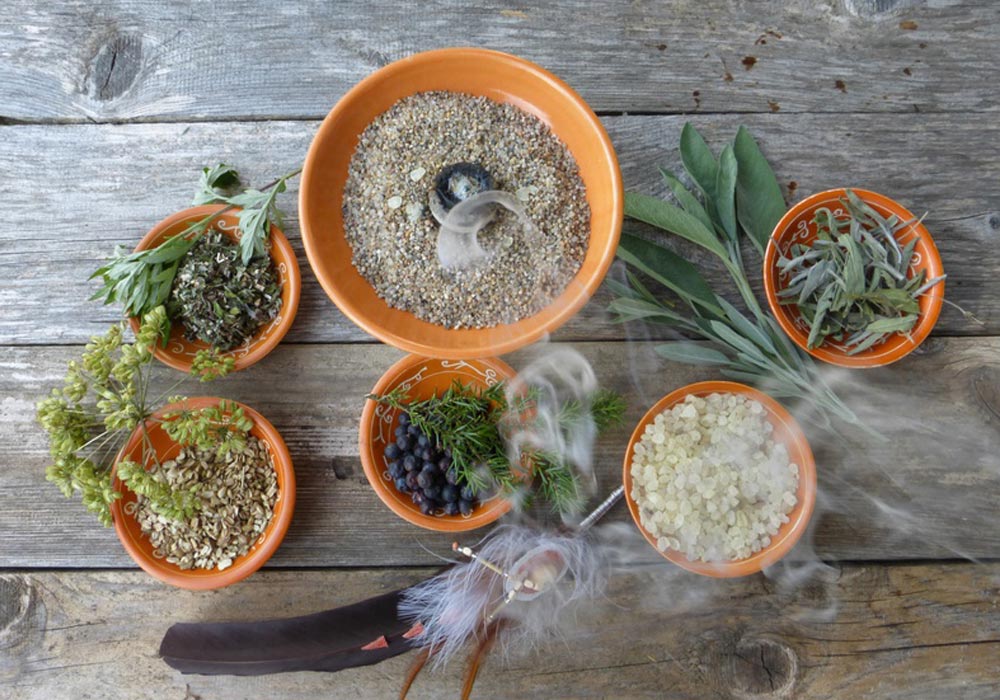
The intensive mixture of natural essences such as sunflower oil, lemon oil, mint oil, rose oil, clove, tea tree oil and Asian lemon grass has a disinfecting, antiviral and antibacterial effect and is pleasantly tasty.
On the basis of certified organic sunflower oil, high-quality medicinal herbs and essential oil extracts.
Dr. Lhotka's tooth oil reduces in particular those bacteria that cause periodontitis, gingival atrophy and bleeding gums as well as bad breath. It cares for and sustainably protects gums and teeth and maintains the healthy oral flora.
Organic aloe vera, organic glycerine, organic mint hydrolate. In addition, a mild surfactant was used as well as silica as a natural cleaning agent.
- Highly concentrated intensive oil mixture
- Specially developed for the gums
- Curative protective
- Luscious
- Disinfectant
- Antibacterial
- Antiviral
The dental oil from Dr. Lhotka is organic cosmetics produced according to the guideline for organic production (Austria Bio Garantie).







